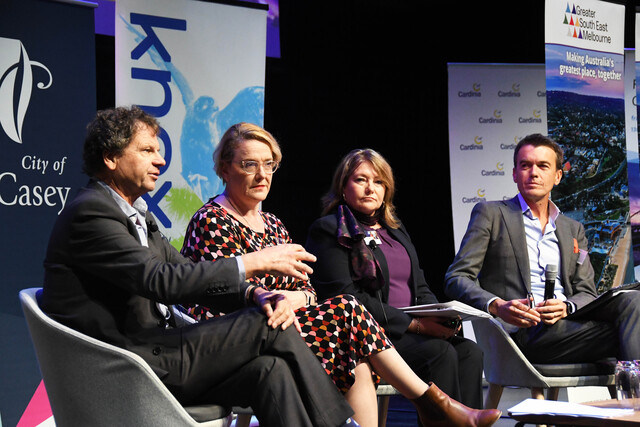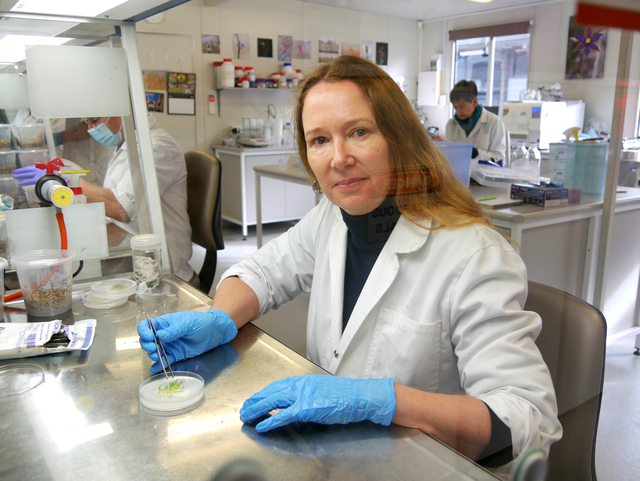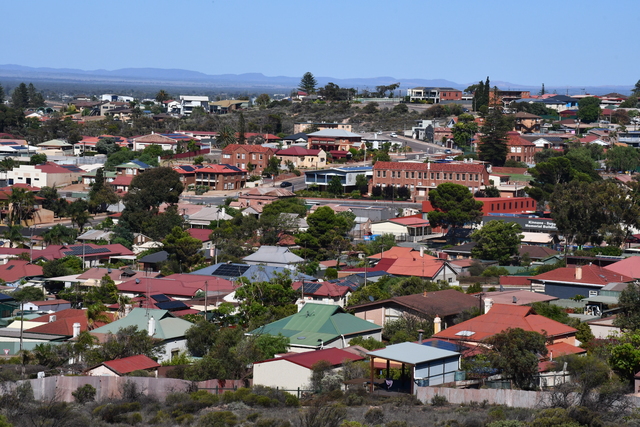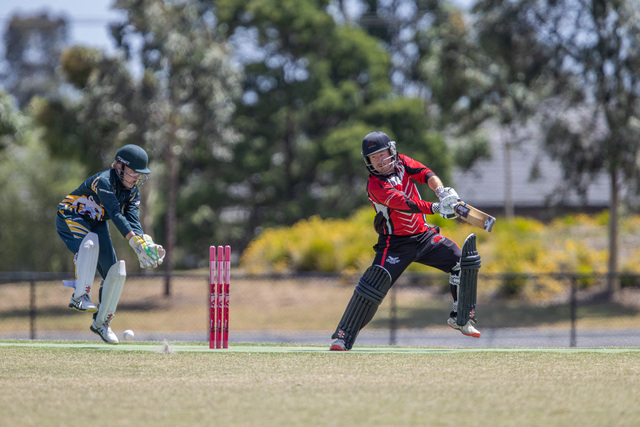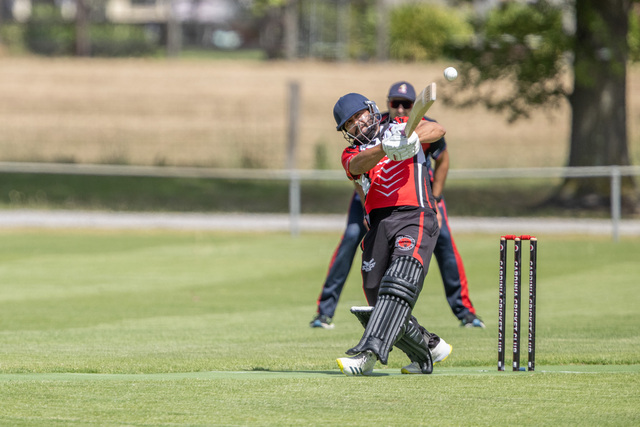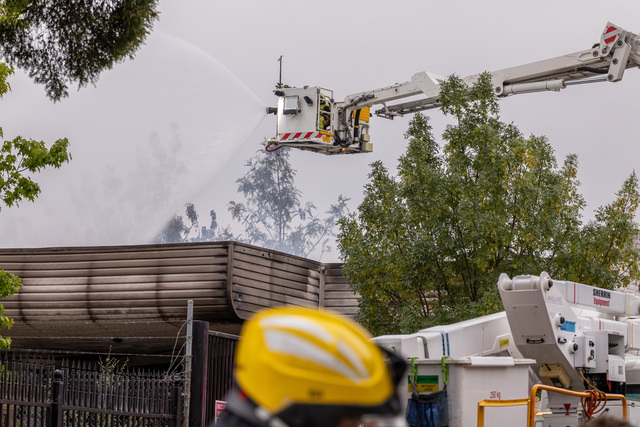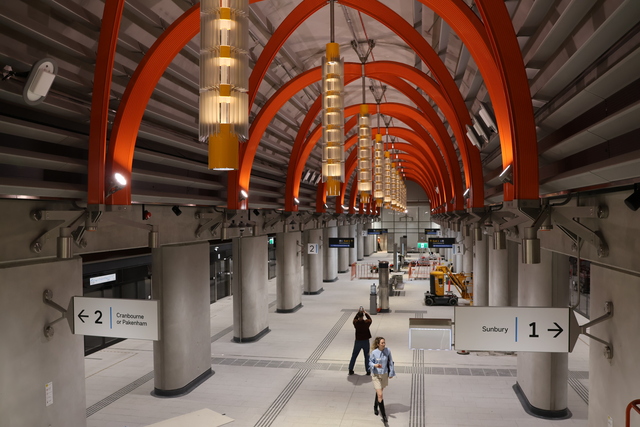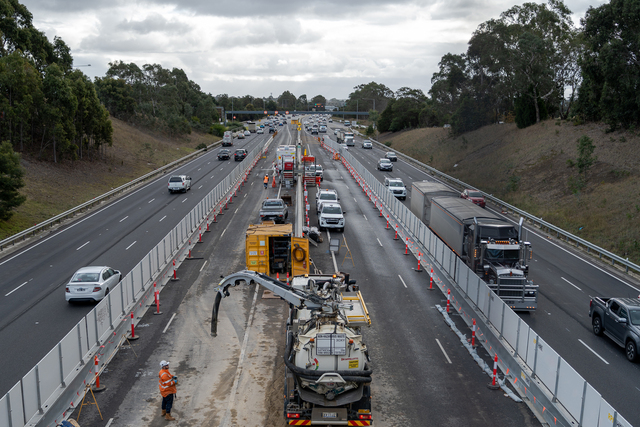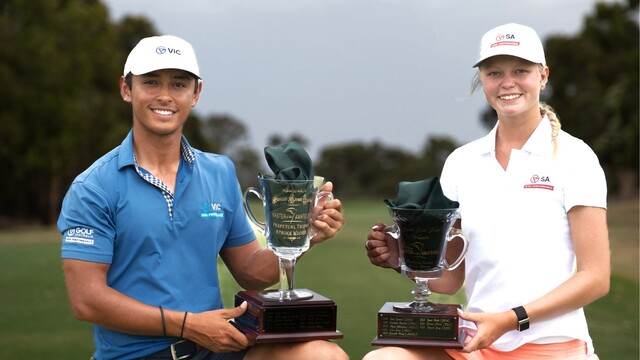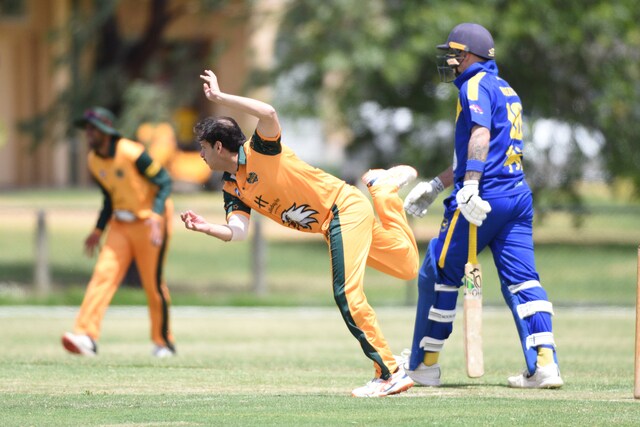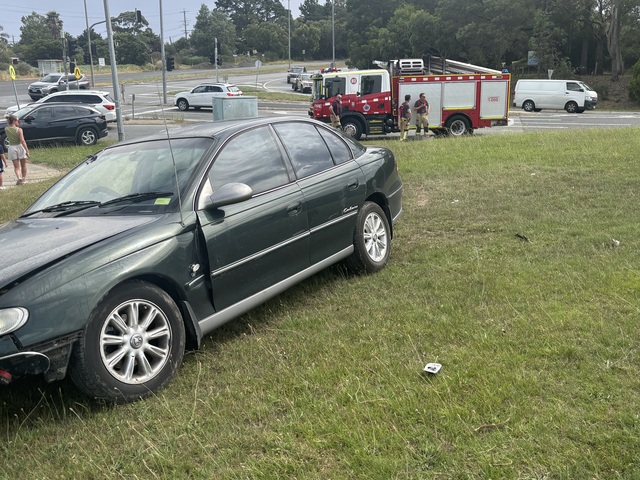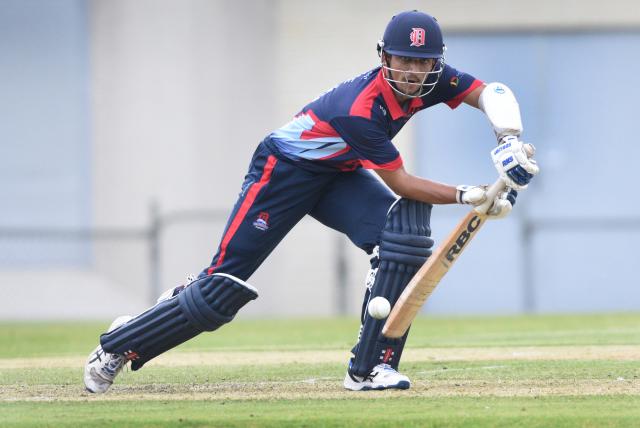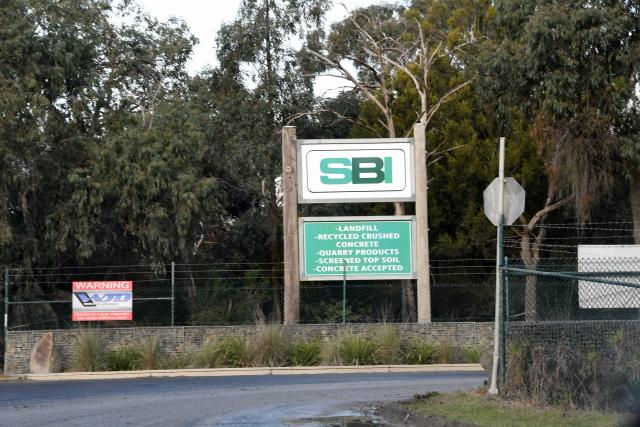A Greater South East Melbourne (GSEM) delegation is set to launch its Jobs and Skills Roadmap at Parliament House in Canberra on Wednesday 26 June.
The roadmap is an ambitious agenda” of “big ideas” to create well-paid, secure jobs and provide the necessary skills closer to home for the fast-growing region’s 1.5 million residents.
“Greater South East Melbourne is a nationally significant region,” Greater South East Melbourne Chair Simon McKeon said.
“Its people and communities deserve to be able to contribute to, and share in, Australia’s prosperity and get every opportunity to live, and have meaningful employment closer to home.”
The delegation includes the region’s mayors as well as industry, business, education and community leaders as a “unified voice” for the region.
They will meet with Skills and Training Minister Brendan O’Connor, who is expected to launch the roadmap.
Senior government and opposition MPs are also anticipated to attend.
“One of the main challenges facing the GSEM region is making sure growth is beneficial and shared across the community,” Mr McKeon said.
“Pockets of serious disadvantage exist across Melbourne’s southeast, but so do significant untapped pockets of opportunity and we need to link the need with the opportunities.
“That is what we are seeking to create with this GSEM Jobs and Skills Roadmap.”
The roadmap derives from a summit of more than 200 of the region’s leaders in early May.
Among the ideas is immediate funding for education providers to target foundation study for migrants and other disadvantaged groups in the vastly-multicultural region.
GSEM also wants a simpler process for recognising overseas qualifications and a taskforce to help reform English competency testing for migrants and refugees.
Expanded programs to support students to earn while learning was also required.
In the medium to long term, GSEM called for support for emerging industries and innovation, for inclusive growth and reduced disadvantage and for industry-education-community connections.
The GSEM region which includes Casey, Cardinia and Greater Dandenong and five other council areas comprises 500,000 jobs and 85,000 businesses.
It is one of Australia’s largest manufacturing regions with $85 billion in Gross Regional Product.

